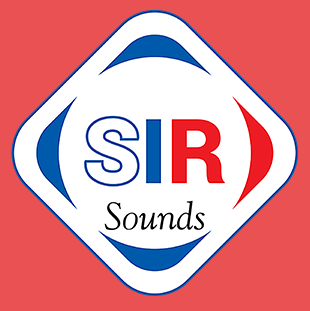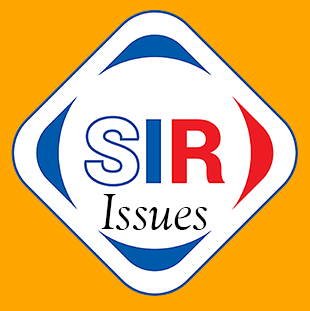- All sounds of British and American English
- Each sound practiced in common words, first and last names, geographical names and proper names, phrases and idioms, sentences, texts, contrasts with other sounds
- Digital animations of sounds
- Videos showing the correct articulation
- Over 70,000 recordings in Standard British and General American
- Lists of homographs, homophones, words often confused, loanwords, false friends, silent letters, words with misleading spelling, words often mispronounced, word-building
- phonetic transcription and translation of every item into Polish, German, Spanish and Chinese (more languages to come)
- Over 600 color illustrations
- A free Demo in the application
- Available for Windows, Android, iOS, macOS devices
- A SINGLE APPLICATION FEATURING ALL PURCHASED MODULES

Say It Right 5.0

A professional platform
for learning English
 Store
Store

































































